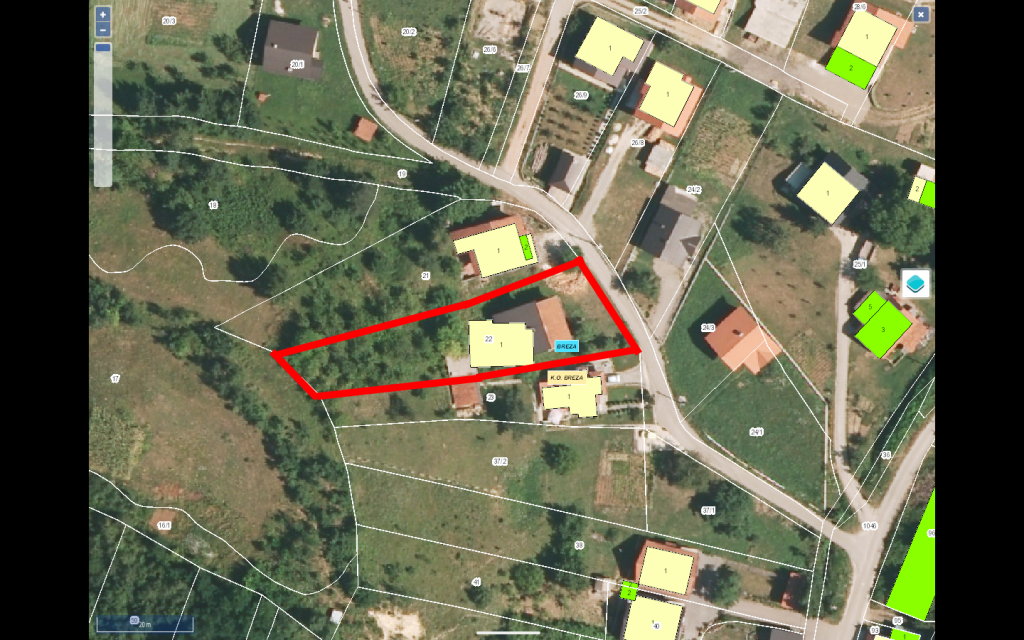Independent of the promulgation of rules to make usage of the TILA, the Board might https://guaranteedinstallmentloans.com/payday-loans-wa/fairfield/ also depend on their employees to question administrative interpretations in the shape of an official staff members discourse. See 15 U.S.C.A. A§ 1640(f).
The state staff commentary today defines credit to specifically integrate payday loans:
The panel's formal workforce discourse (12 C.F.R. part 226 (Supp.I)) interprets [rules Z], and gives advice to creditors in using the rules to particular transactions. The commentary was a substitute for specific employees perceptions; it really is updated occasionally to deal with considerable issues.
Congress provides bestowed these big respected weight towards interpretations and applications because of the workforce associated with panel, that “it is actually impractical to-draw a significant distinction between feedback granted under the imprimatur with the panel and the ones posted as recognized employees memoranda.” Read Ford engine, 444 U.S. at 566 n. 9, 100 S. Ct. 790.
“[T]he legislative records evinces a determined choice for resolving interpretive problems by consistent administrative decision, as opposed to piecemeal through lawsuit.” Ford Motor, 444 U.S. at 568, 100 S. Ct. 790. Therefore, courts cannot exchange their particular interpretations of TILA regarding with the panel, “so long as the latter's lawmaking is certainly not unreasonable.” Read Ford Motor, 444 U.S. at 568, 100 S. Ct. 790. Where in fact the Board and its own personnel has properly clarified a segmet of what the law states, the process of law must accept those viewpoints construing the TILA and the rules and think about all of them dispositive missing “some apparent repugnance with the law.” Discover Anderson Bros. Ford v. Valencia, 452 U.S. 205, 219, 101 S. Ct. 2266, 68 L. Ed. 2d 783 (1981) (pointing out Ford engine). Apart from determining perhaps the discourse are repugnant towards law, but the courtroom's harder character, no less than in this instance, was determining whether or not the commentary need used retroactively to transactions taking place before the successful go out of *1296 the commentary. Discover, e.g., McPhillips v. Gold Key rental, Inc., 38 F. Supp. 2d 975 (M.D.Ala.1999); Wiley v. Earl's Pawn & jewellery, Inc., 950 F. Supp. 1108 (S.D.Ala. 1997).
This particular deal is normally referred to as a “payday loan” or “payday advance” or “deferred presentment financing
This process entails “payday loans” which, as argued by Plaintiffs and several other plaintiffs in close situation, needs an examination of the term “credit score rating” as that phrase was defined of the TILA, rules Z, and any formal personnel commentaries. Credit score rating is actually described similar because of the TILA and Regulation Z as “just the right given by a creditor to a debtor to defer payment of loans or to sustain personal debt and defer the fees.” Read 15 U.S.C.A. A§ 1602(e); 12 C.F.R. A§ 226.2(a) (14).
2. payday advances; deferred presentment. Credit score rating consists of a purchase for which a cash loan was created to a consumer in exchange for the customer's private check, or even in trade the consumer's agreement to debit the buyer's deposit accounts, and in which the people consent either the check will never be cashed or placed, or your customer's deposit profile are not debited, until a designated future date. ” A Charge energized associated with such a transaction is a finance charge for purposes of A§ 226.4, regardless of how the fee try classified under condition law. Where in fact the charge energized comprises a finance fee under A§ 226.4 therefore the individual advancing resources on a regular basis expands consumer credit, that person was a creditor and it is needed to incorporate disclosures similar to the demands of rules Z. See A§ 226.2(a) (17).
All deals in this motion took place ahead of the efficient go out of this recognized associates commentary, which can be . Read 65 Fed.Reg. 17129. Typically, retroactive applying of administrative guidelines just isn't desired. Read Bowen v. Georgetown Univ. Hosp., 488 U.S. 204, 208, 109 S. Ct. 468, 102 L. Ed. 2d 493 (1988). Some process of law, however, need conducted this general guideline disfavoring retroactivity “does certainly not apply to institution commentaries.” Read McPhillips, 38 F. Supp. 2d at 980 (mentioning Barlow v. Evans, 992 F. Supp. 1299, 1305 (M.D.Ala. 1997)). In any event, the courtroom must provide deference towards the agency's classification in the commentary as either a clarification or an alteration. Discover McPhillips, 38 F. Supp. 2d at 980 (pointing out Wright v. manager, Federal disaster Management Agency, 913 F.2d 1566, 1571 (11th Cir. 1990)). However, “unfettered deference to a company's classification of the revision as a clarification would allow a company in order to make substantive improvement, with retroactive effects, simply by talking about new understanding as a clarification.” See McPhillips, 38 F. Supp. 2d at 980 (pointing out Pope v. Shalala, 998 F.2d 473, 482 (7th Cir.1993), overruled on more grounds, Johnson v. Apfel, 189 F.3d 561 (7th Cir.1999)).








